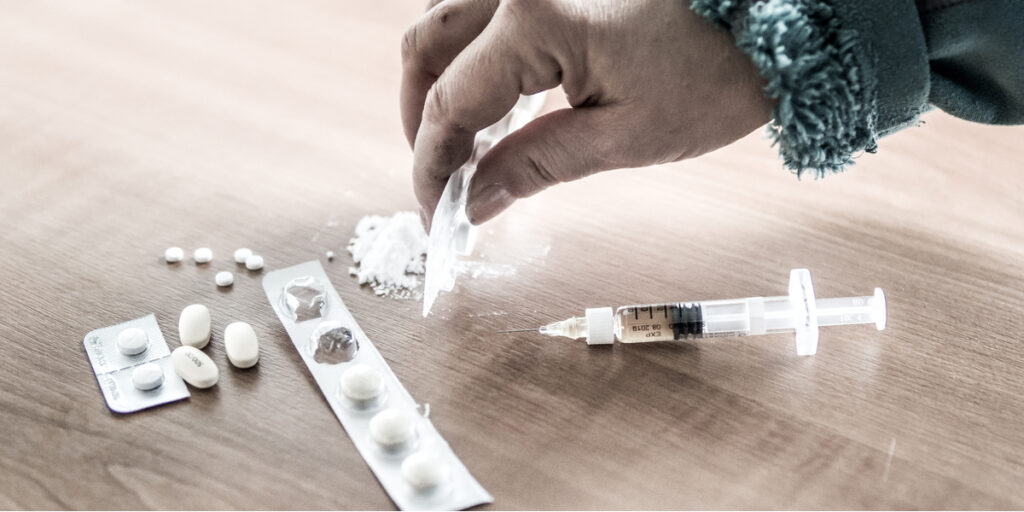Addiction to fentanyl among teenagers is becoming an increasing worry as the number of overdose fatalities linked to the substance continues to climb. Adolescent fentanyl treatment provides particular obstacles due to the young person’s developmental stage and the specific concerns associated with their addiction. But, with the appropriate approach, fentanyl rehab can help teenagers achieve long-term recovery.
Unique Challenges of Adolescent Fentanyl Rehabs.
- Developmental Stage. Adolescents are still physically and emotionally growing. Their brains are still growing, making them more vulnerable to addiction and its consequences. Adolescents may also struggle to regulate their emotions and conduct, making it challenging to stick to a rehabilitation program’s structure and routine.
- Social Pressures. Adolescent addiction may also be influenced by peer pressure and societal pressures. Teenagers may be more inclined to try drugs, including fentanyl, in order to blend in with their friends or to deal with social stress and anxiety.
- Family Dynamics. Family relationships might influence adolescent addiction and rehabilitation. Family discord, neglect, and abuse may all lead to drug dependence, while family support can help people recover. Teenagers may also suffer difficulties as a result of family separation and a lack of support throughout the rehabilitation process.
Adolescent Fentanyl Rehab Approaches.
Behavioral Therapy. Behavioral therapy is an essential component of fentanyl recovery for teenagers. CBT, for example, can assist teenagers in identifying the thoughts and actions contributing to their addiction and developing coping techniques to handle triggers and urges.
Family Therapy. Family counseling may be quite beneficial in fentanyl rehab for teens. Family therapy sessions may address family conflict, provide support to the teenager, and assist the family in appreciating the significance of their loved one’s healing.
Meditation and mindfulness. Mindfulness and meditation can also help teens with fentanyl recovery. These techniques can assist teenagers in regulating their emotions and developing a feeling of self-awareness, increasing a sense of well-being and lowering the chance of relapse.
Holistic Treatments. Holistic therapy can help teens deal with the specific problems of fentanyl recovery. Yoga, art therapy, and music therapy are all activities that can help teenagers express themselves artistically while also providing an alternative approach to handling stress and anxiety.
Peer Support Groups. Adolescents in fentanyl rehab can greatly benefit from a feeling of community and support from support groups. Adolescents can benefit from group therapy sessions because they allow them to interact with others who have had similar experiences and offer a feeling of belonging and responsibility.
Aftercare. Planning for aftercare is essential in fentanyl recovery for teens. After finishing a treatment program, adolescents may confront particular problems in maintaining sobriety. Aftercare planning may include support groups, continuous treatment, and relapse prevention planning techniques to assist teenagers in maintaining their commitment to sobriety.
Skyward Treatment Center Offers Comprehensive Fentanyl Rehab Programs in Houston.
Don’t put off seeking professional help if you or a loved one is suffering from fentanyl addiction. Skyward Treatment Center offers comprehensive fentanyl recovery programs that are targeted to your specific requirements. Our evidence-based therapies and comprehensive approach provide the groundwork for long-term rehabilitation. Don’t let fentanyl addiction take over your life. Get in touch with Skyward Treatment Center now to learn more about our fentanyl rehab programs and take the first step toward a better, happier future.

